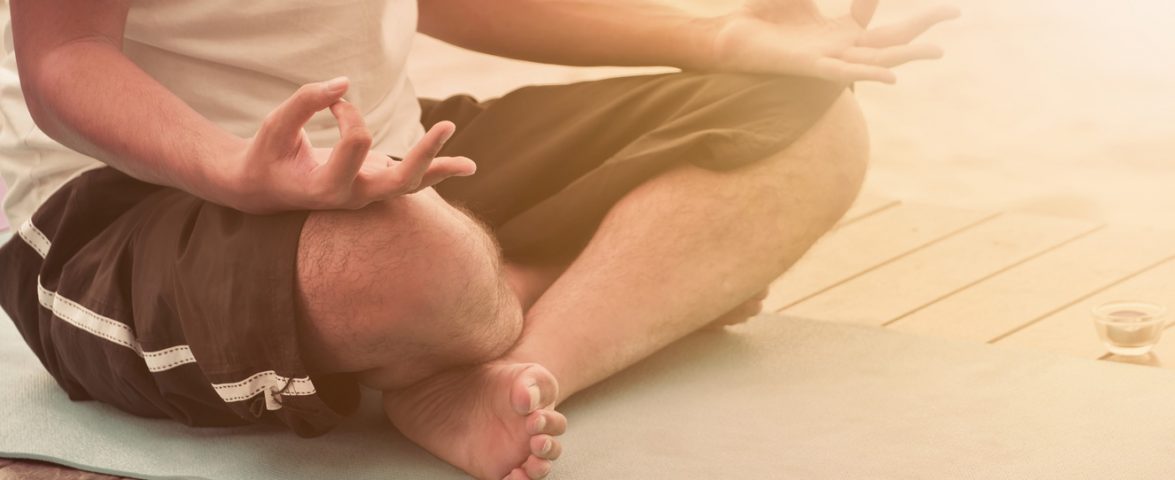While orthopedic pain can certainly have a very real physical cause or source, as is often the case with a herniated disc or damaged joint, the way you interpret pain is largely based on your mental perceptions. Your mental state can also affect the various parts of your musculoskeletal system. So, if your goal is to take control of any existing discomfort you may be experiencing or to improve your overall health and well-being, consider exploring some of the following mind-based techniques.
Deep Breathing
Deep breathing in itself can be an effective way to defuse a tense or stressful situation. It also serves as the basis for many other mind-based relaxation techniques. If you’re new to deep breathing, you might say the word “inhale” as you take in a deep breath and hold it and the word “exhale” as you slowly let it out until you instinctively get the pacing right. If you need more help developing the right focus or getting the pacing right, there are apps you can use with different sounds and images.
Guided Imagery
Sometimes referred to as visualization, guided imagery is an ancient practice that involves using the power of your senses to create positive mental images. For example, you might shift your mental focus by picturing yourself relaxing on a calm beach. As you get deeper into your imagery, you may reach a point where you “hear” the waves gently coming ashore and “feel” the cool breeze from the ocean. As you relax, you may benefit from lower blood pressure, less pain, and relief from stress and tension.
Meditation
What medication does is create a heightened state of focused attention and awareness while also inducing a sense of calm. With concentrative meditation, you’ll place all of your attention on your breathing or a certain word or phrase that’s calming (mantra). With mindfulness meditation, you are in the moment and aware, but also accepting of your situation and at peace.
Yoga, Pilates, and Tai Chi
These controlled-movement disciplines have both mind and body benefits. While you will be performing various stretches, poses, and movements with yoga, Pilates, or Tai Chi, you’ll also learn how to control your breathing, maintain the correct posture, and naturally ease your tension. Because movements are made in a very controlled way, you’ll also be able to strengthen muscle groups that directly or indirectly support your joints and spine. Plus, you can incorporate deep breathing and medication techniques into any of these disciplines to further improve your mental focus.
You don’t have to be experiencing any type of musculoskeletal pain at the moment to benefit from the techniques discussed here. In fact, the stress-relieving aspects of many of these techniques alone may reduce your risk of developing stress-related health problems like diabetes, obesity, anxiety, and accelerated aging that could affect your bones, joints, muscles, and spine.

